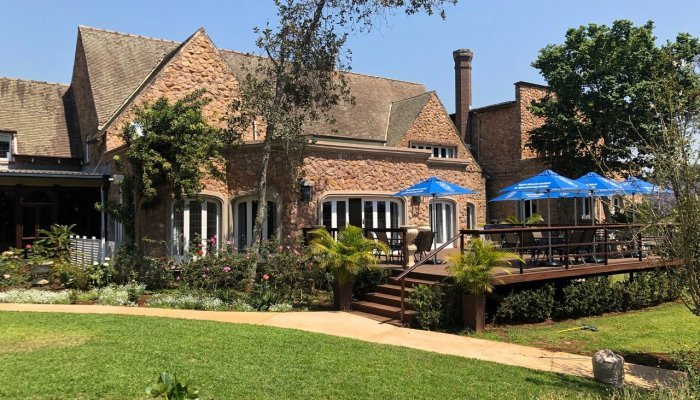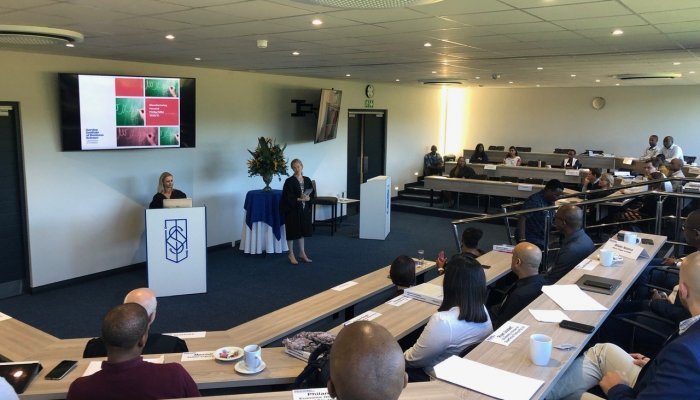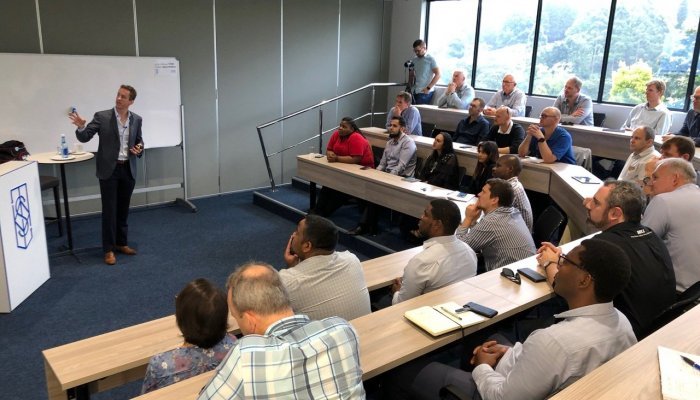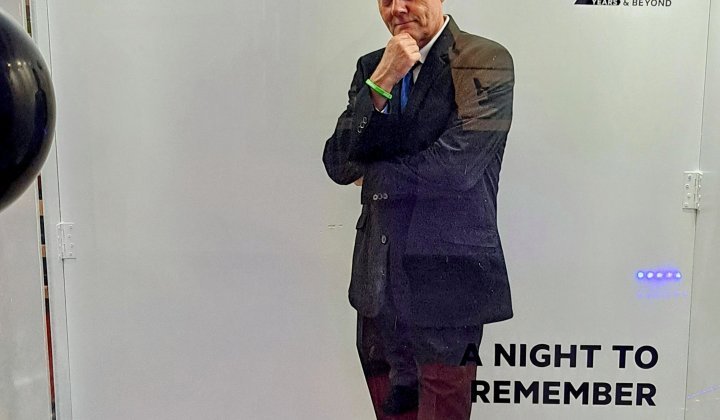A few years ago, I had the daunting task of leading a team assigned with developing the new South African Automotive Master Plan. The challenge of the plan is that we had to leap forward to 2035 and ask futuristic questions. What vehicles would we be driving then? Would they have an internal combustion engine? Would they be powered by an electric battery or a fuel cell or a hybrid?
We needed to unpack what all this meant from a strategic perspective, starting with framing and visualising the direction of where the vehicle market and technology was going and what the value chain would potentially look like. For example, would there still be vehicle dealerships if the manufacturers could link directly to the marketplace? Why would they need the retail conduit when they could connect directly to customers? What might this mean for organisations in the value chain and their future labour and skills requirements?
These are daunting questions; Africa has the world’s youngest population and desperately needs to industrialise. So, what are the consequences of these types of disruptions, and how do manufacturers on the continent drive sustainable industrialisation in the face of these potential changes?
The answer is that industrialisation ultimately requires world-class management to lead and develop manufacturing and broader value chain capabilities. If South Africa, and the continent more broadly, is going to build industrial capabilities, it is critical that these management skills are developed.
A tenacious proponent of African industrialisation, chairperson of Toyota South Africa, Dr. Johan van Zyl, speaks passionately of the importance of monozukuri – a Japanese term meaning ‘making things’. He argues that manufacturing contributed to the development of Asian economies such as Japan, Thailand, and South Korea and that by fostering a similarly deep culture of manufacturing in Africa, we will transform our society.
I am also a strong believer in monozukuri because when one manufactures things, one does not just make a product, one creates value for a community, and it is through this process that one builds a better society.
The campus
The Toyota Wessels Institute for Manufacturing Studies (TWIMS) is an open institution dedicated to developing manufacturing executives in Africa. Owned by the Toyota SA Educational Trust, TWIMS’ foremost objective is to develop world-class management capabilities that will drive African industrialisation.
Established in 2018, the institute invested R130 million in a state-of-the-art campus in Kloof, Durban, including R70 million in an endowment that provides a Manufacturing Ambassador Scholarship for up to 17 GIBS PGDip and MBA students per year. The facilities at the campus include a resource centre, a computer laboratory and a technology sandbox to allow managers to immerse themselves in emerging technology and associated organisational spaces.
We further created a tranquil space with great infrastructure to make TWIMS a community hub for all things related to manufacturing. This is a place where industrialists can come to ponder the next phase of their businesses that operate in a complex environment. The facility has a swimming pool, a gym and a walking/running track. Furthermore, we have a 13-bedroom hotel that provides a safe space where people can reside on the campus to think through the potential to develop manufacturing on the continent.
Our campus is not only a facility with lots of seminar rooms and technology centres; it is meant to be a space that sits at the heart of the local manufacturing community. It is inclusive and encourages people to spend time on campus, because a large part of learning is not only about the formal engagement process but also about learning from each other.
The programme
When we conceptualised TWIMS, we needed to partner with an institution that was a leading player in the general management space, to deliver a world-class programme targeted at developing Africa’s future manufacturing leaders. GIBS and TWIMS formed a partnership to deliver an MBA (manufacturing focus) in KZN in 2017.
GIBS invested heavily in the partnership with TWIMS, leading the curriculum development and academic support for the new programme, which is one of its kind in Africa.
GIBS delivers the GIBS PhD, the MBA and two post-graduate diplomas – one that feeds into the MBA and another that feeds into the PhD programme. GIBS faculty members fly down to our campus in Durban to deliver the programme.
We are solely focused on manufacturing, and that is reflected in our core MBA courses. The manufacturing-focused MBA is the pinnacle qualification we launched in 2018 and was followed by our PhD programme in 2020. The partnership between TWIMS and GIBS represents the best of two worlds. Our partnership has developed a range of manufacturing electives for the manufacturing-focused MBA. These include Green Manufacturing, Lean Ops Management, Lean Supply Chain, Future Manufacturing, African Trade and Industrialisation, Women as Manufacturing Leaders, and Sustainable Financing for Manufacturers. There’s also a global manufacturing module where our students go on a global learning opportunity, and students are required to focus their MBA dissertation on a topic related to manufacturing.
Despite Covid-19, our numbers have grown incrementally. We began our inaugural MBA class in 2019 with only 18 students, then grew to 30 MBA students in 2020 and 37 this year.
MBA dissertation
The dissertation of the manufacturing-focused MBA must be on manufacturing. However, this covers the entire manufacturing ecosystem – from industrial policy and trade to global value chains and what happens inside individual factories. We also do our best to expose our students to senior industry leaders.
We want to build a bridge between the older generation of executives and the new generation. We bring these industry leaders into the institute to impart some of their knowledge practically, and develop manufacturing capabilities as best as we can.
Sponsorship
TWIMS recently secured R18 million in sponsorship, valued at R4.5 million per year for the next three years, from four corporates committed to the development of manufacturing leadership on the African continent.
Toyota SA will sponsor TWIMS’ focus on Lean Manufacturing while Metair has committed to funding our focus on Green Manufacturing, TFG our Future Manufacturing focus and Illovo our African Trade and Industrial Development focus. The sponsorships have allowed TWIMS to employ senior academic staff, all of whom are also GIBS adjunct faculty, who will lead research programmes in their fields of expertise and teach on the GIBS MBA (manufacturing focus).
One of the key anchors of building a community is bringing industrialists to the campus. We have monthly seminars covering topics that appeal to the broader management and executive leadership within the regional manufacturing space. Every year we plan to host top-notch speakers so that we can all be stimulated and start asking serious questions about the future and where we are going. We are an excellent example of a university and industry collaboration model striving for academic excellence and social impact.
Professor Justin Barnes is an associate professor at GIBS, the executive director of TWIMS, and the chairperson of B&M Analysts and a specialist in the manufacturing sector. Over the last two decades, he has advised various governments, including the South African government, on critical industrial development policies.







